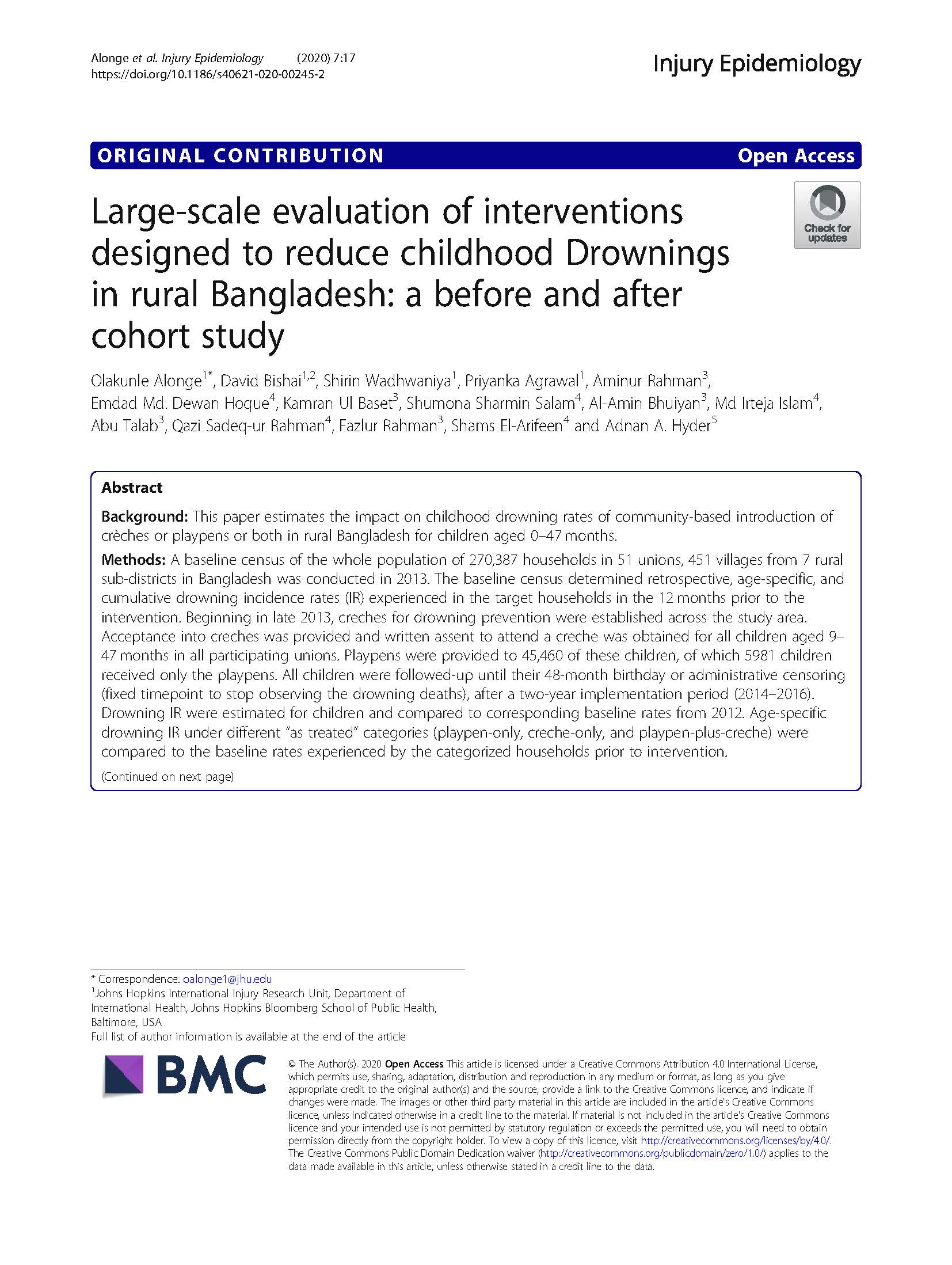
This paper estimates the impact on childhood drowning rates of community-based introduction of crèches or playpens or both in rural Bangladesh for children aged 0–47 months.
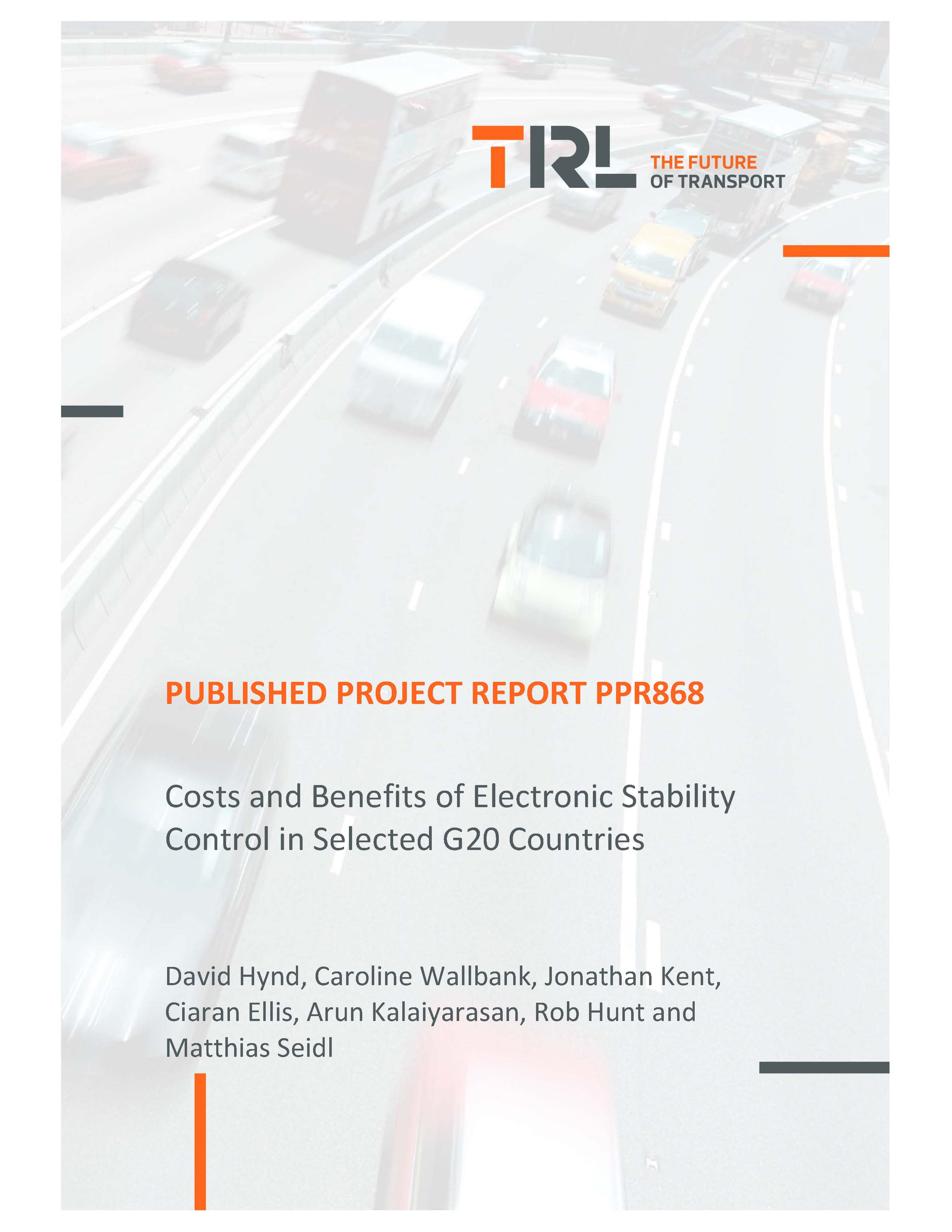
Information from the literature and industry sources suggests that Electronic Stability Control (ESC) is relatively cheap to implement on vehicles which already contain Anti-lock Braking Systems: just US$50 per car. If regulation for ESC were introduced in the countries of interest in 2020, by 2030 almost 420 million cars across these seven countries could have the technology installed.
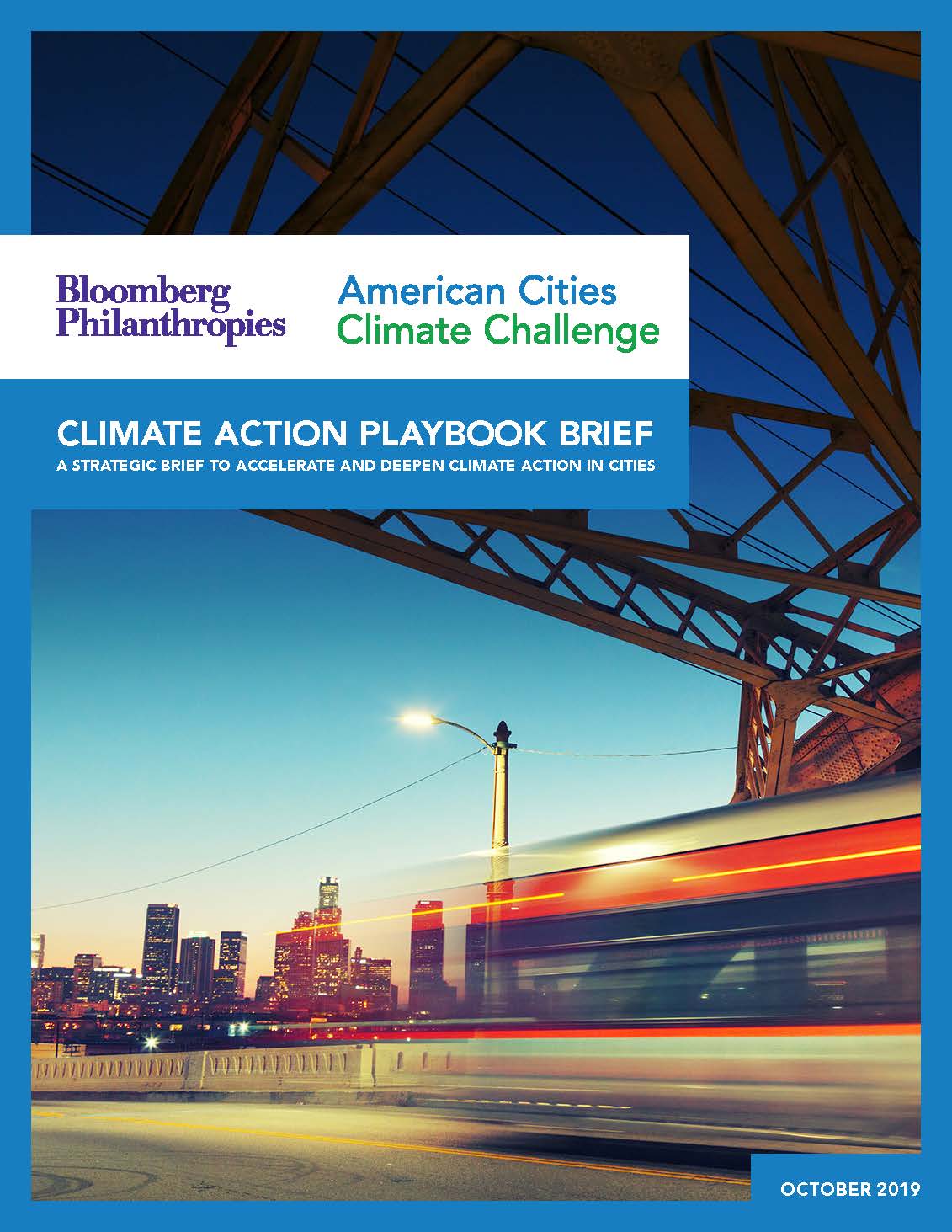
Mayors and city officials are responding to the needs of their most vulnerable constituents and are stepping up commitments to racial and social equity. This means looking for ways to integrate equity considerations into a broad range of policies and activities. Climate action plans will reshape local job prospects, housing costs, transportation systems, environmental health conditions, and more.
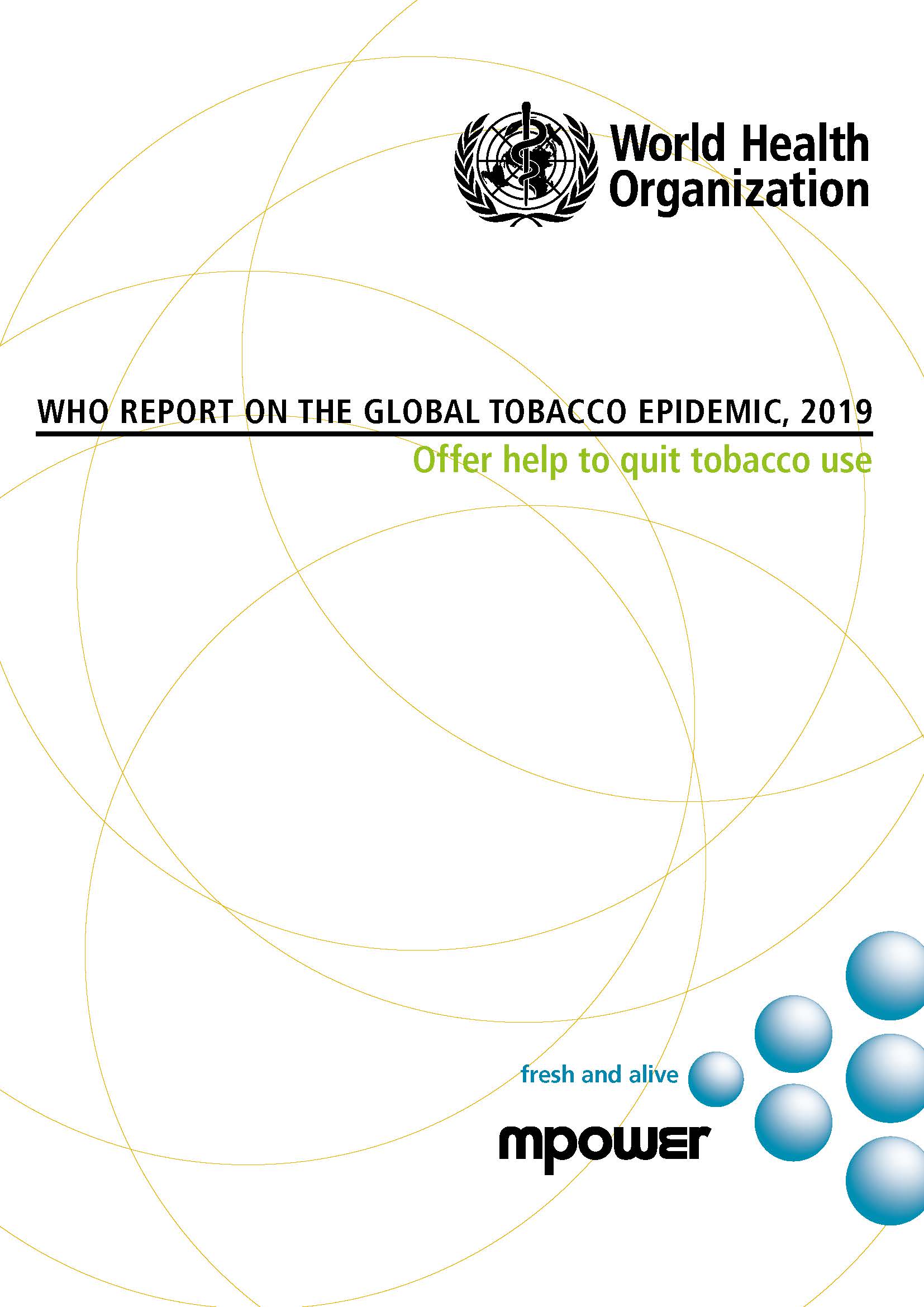
Although the adoption of comprehensive tobacco control policies has advanced steadily since 2007, there is much work to be done. There are 59 countries that have yet to adopt a single MPOWER measure at the highest level of achievement – and 49 of them are low and middle-income countries. Additionally, the pace of progress for adopting some MPOWER measures has been slower than for others.
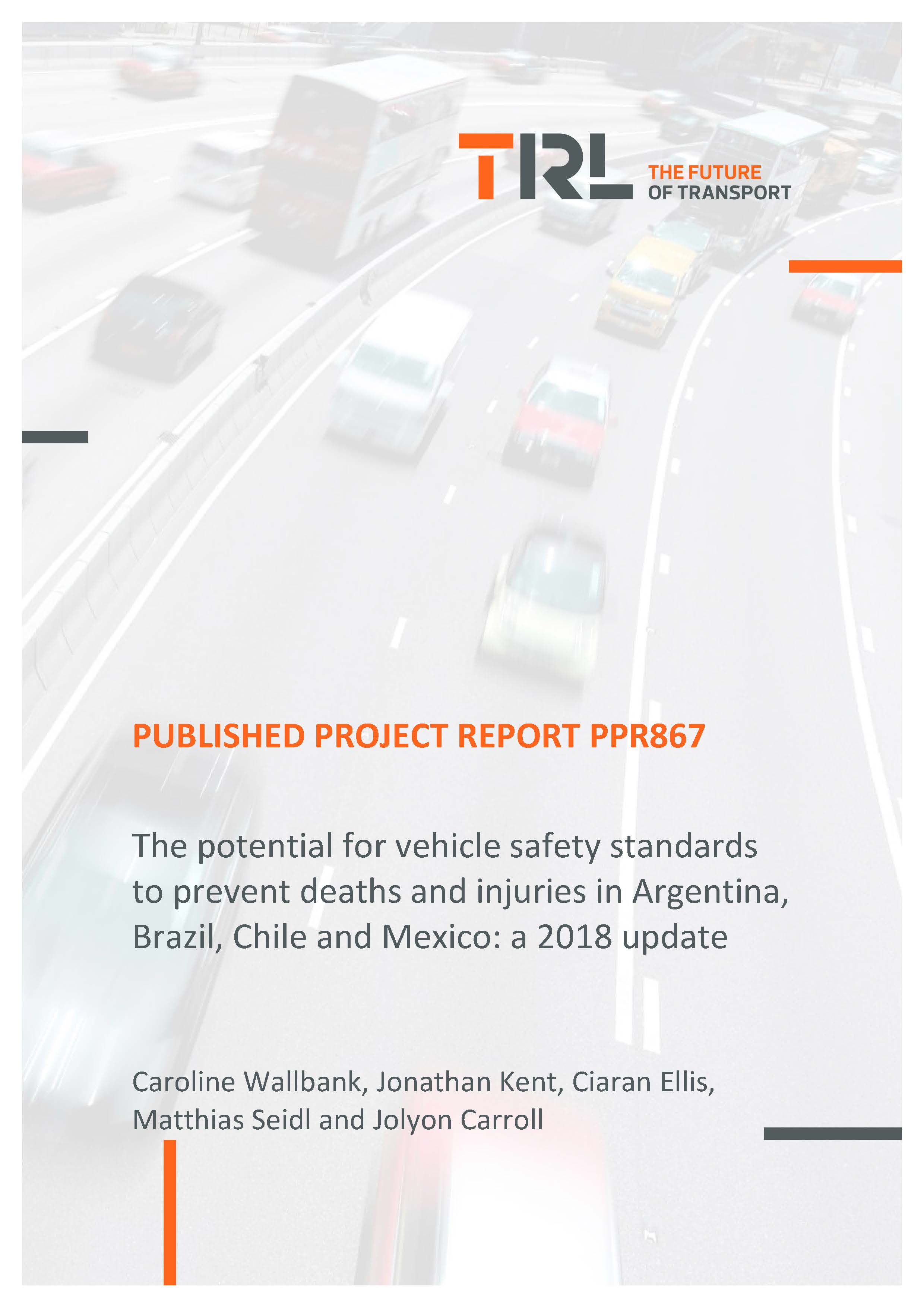
The potential for vehicle safety standards to prevent deaths and injuries in Argentina, Brazil, Chile and Mexico: a 2018 update.
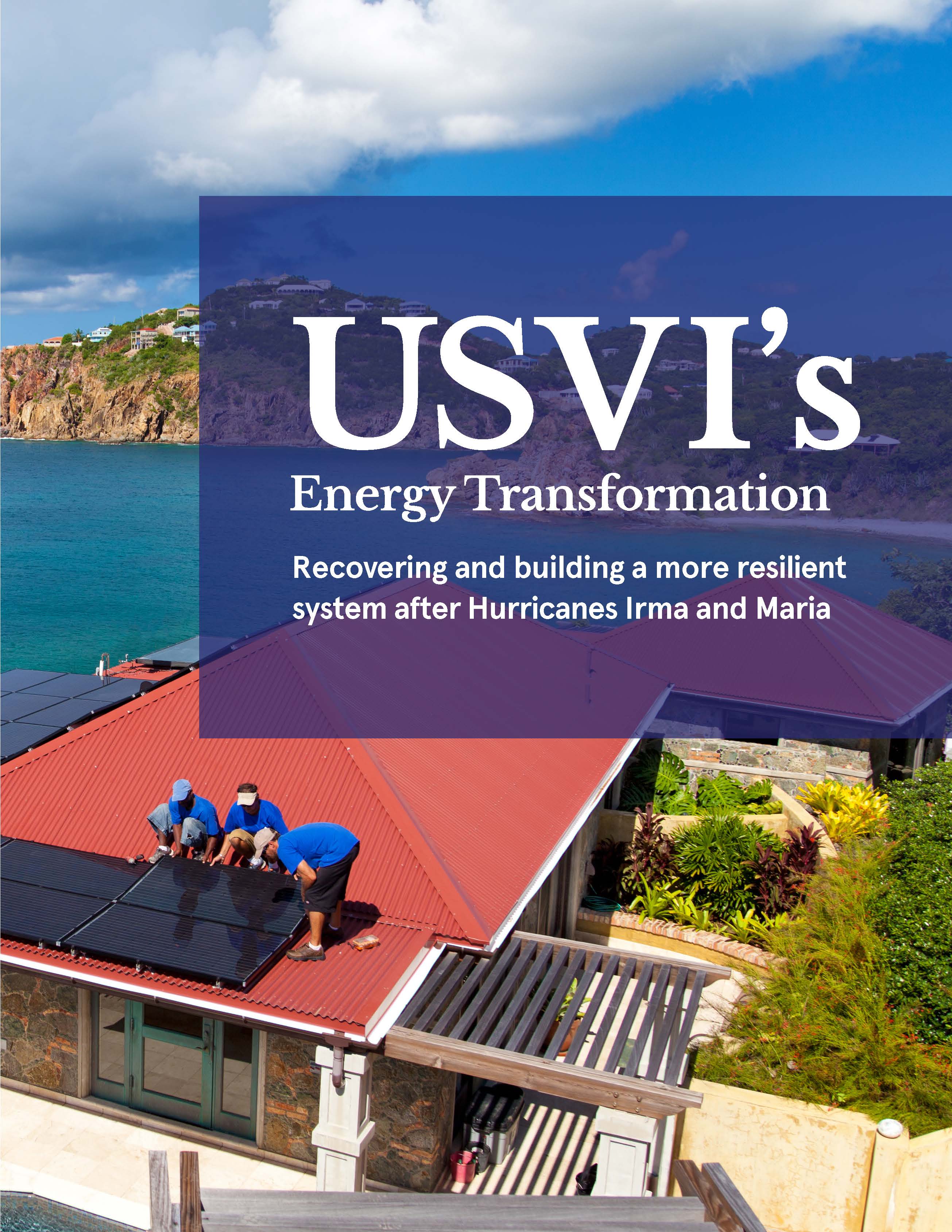
Recovering and building a more resilient system after Hurricanes Irma and Maria.
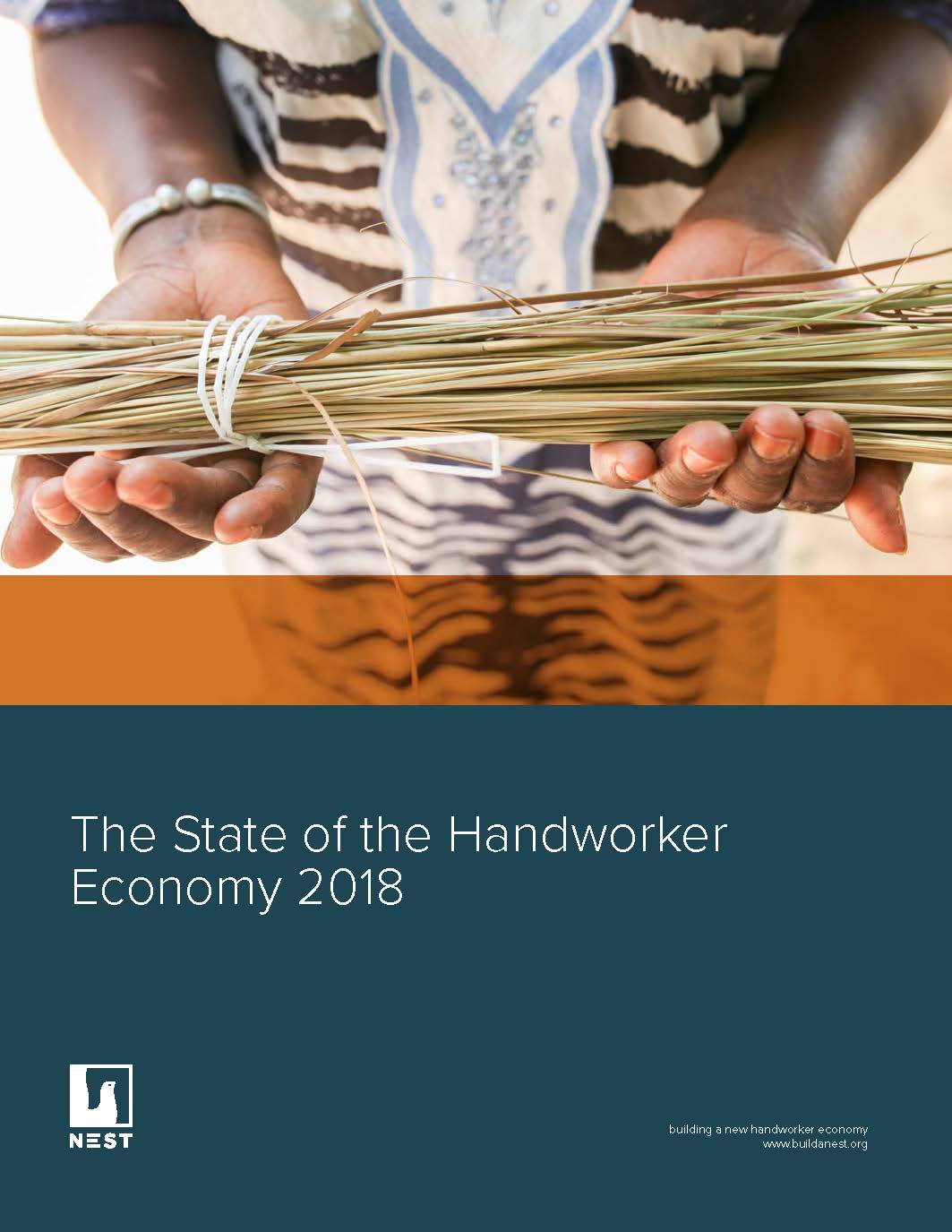
The Nest Artisan Guild includes small or medium enterprises (SMEs) who directly engage with a network of artisans and utilize handwork in more than 60% of their production activities. At the point of entry into the Guild, artisan business leaders participate in a digital intake survey that collects self reported baseline data on business structure, employee demographics, business performance, and barriers to growth. Data collection is repeated on an annual basis in order to maintain up-to-date and accurate information about each business, and to facilitate time-bound comparisons of demographic data and business performance.
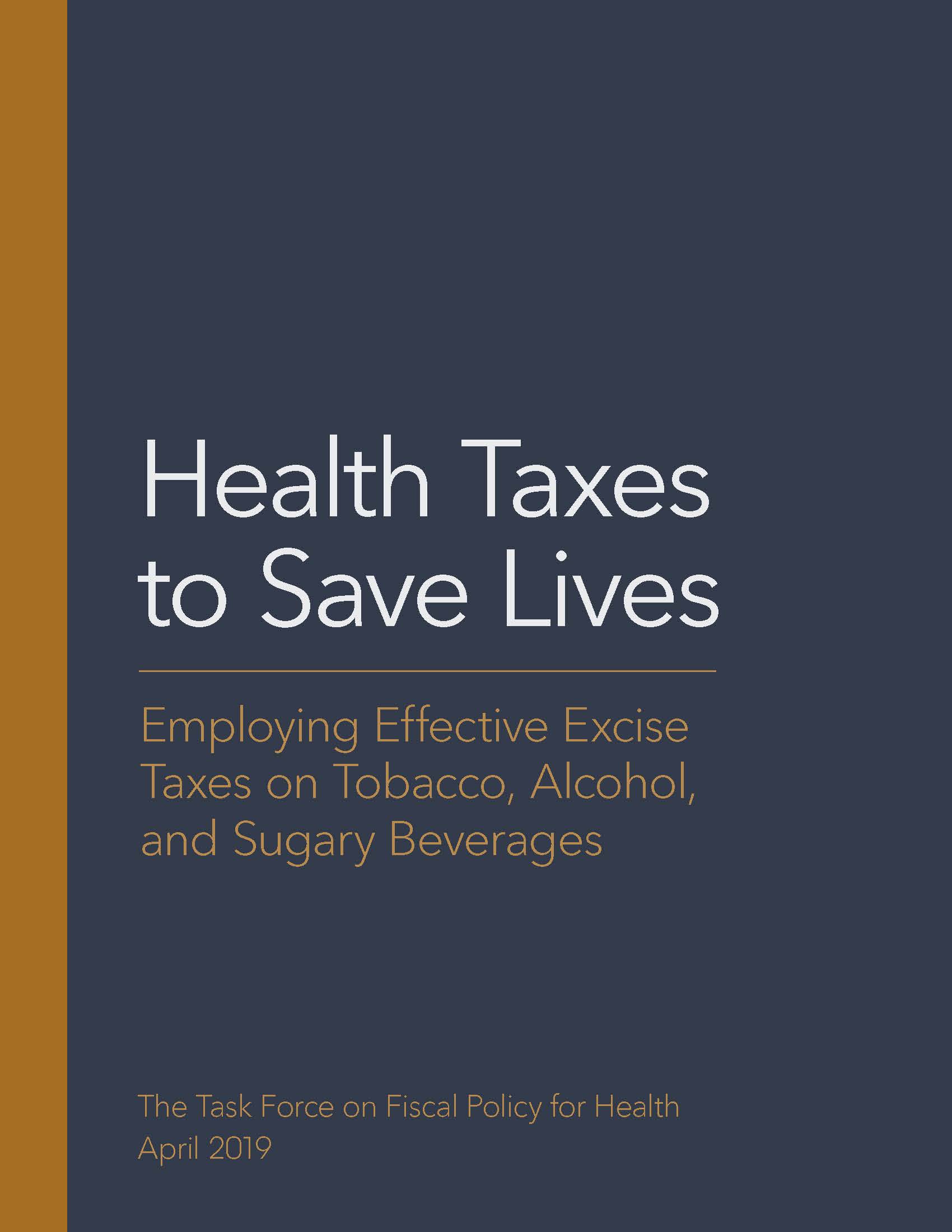
For this report, the Task Force reviewed the evidence on the impact of tobacco, alcohol, and sugary beverage excise tax policy on consumption, health, and revenue outcomes. In addition, the Task Force commissioned an analysis of the potential impact of significant excise tax increases on these products.
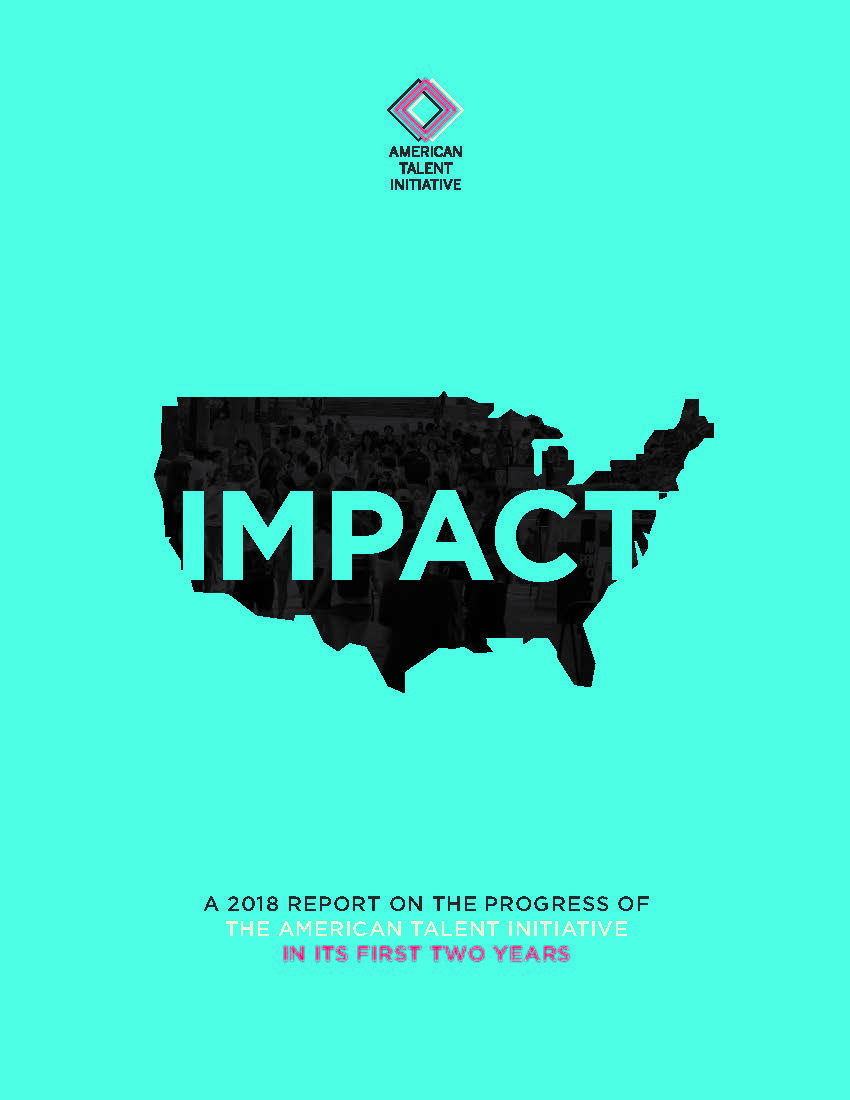
Between 2015–16 and 2017–18, ATI members increased enrollment of students who receive Pell grants by 7,291, nearly 15 percent of ATI’s 50,000-by-2025 goal.
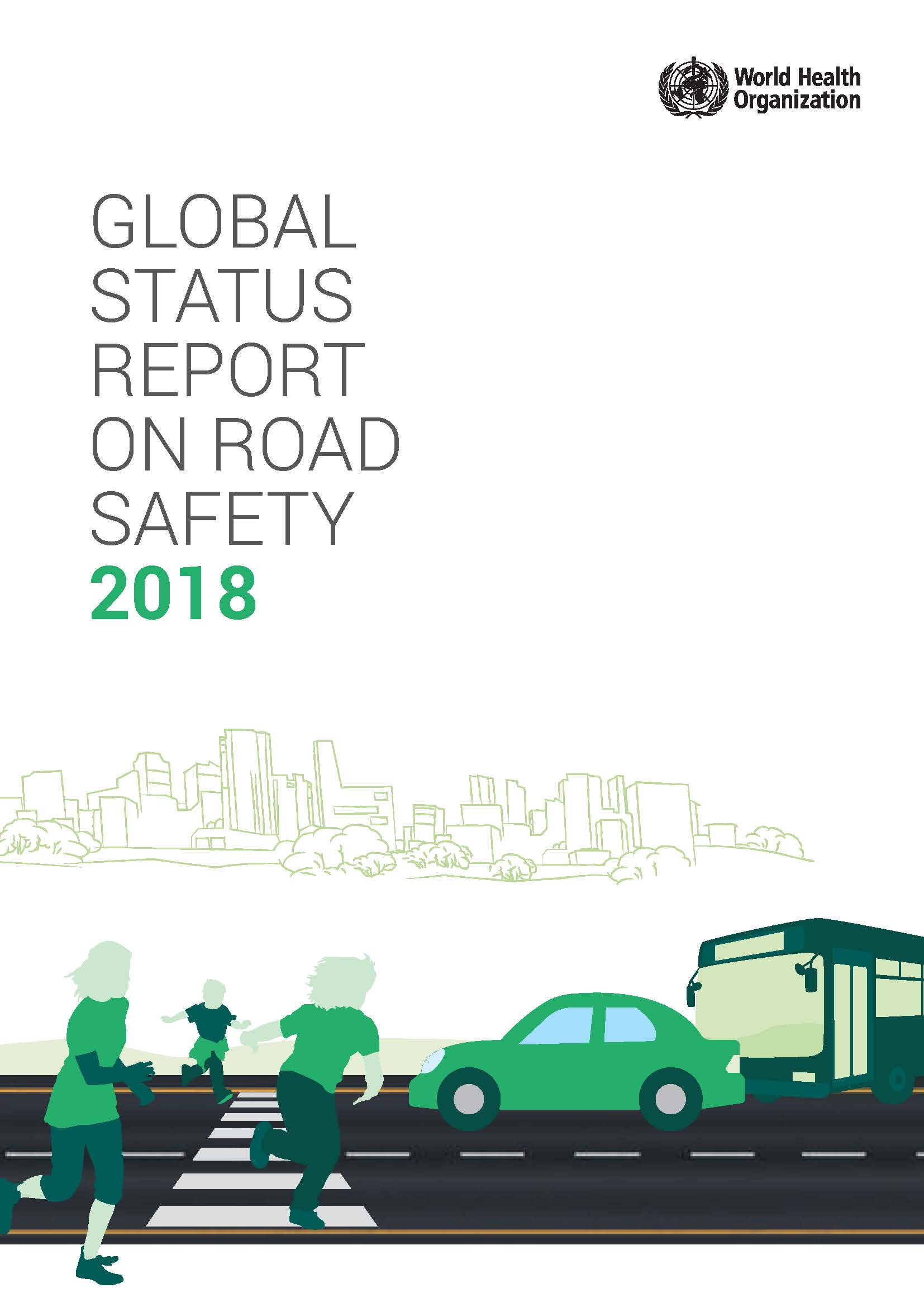
The data presented in this report show that progress has been achieved in important areas such as legislation, vehicle standards and improving access to post-crash care. This progress has not, however, occurred at a pace fast enough to compensate for the rising population and rapid motorization of transport taking place in many parts of the world.